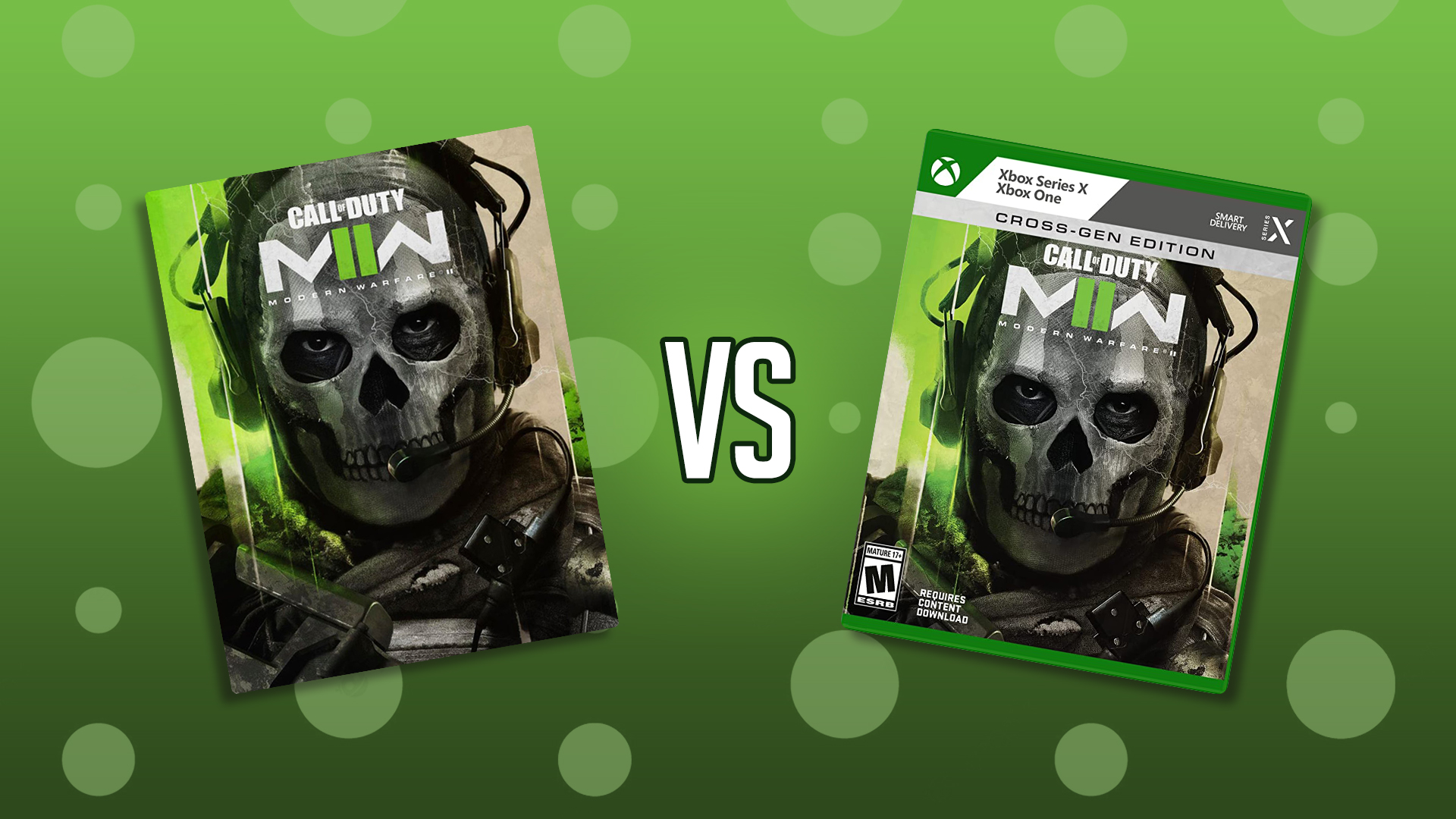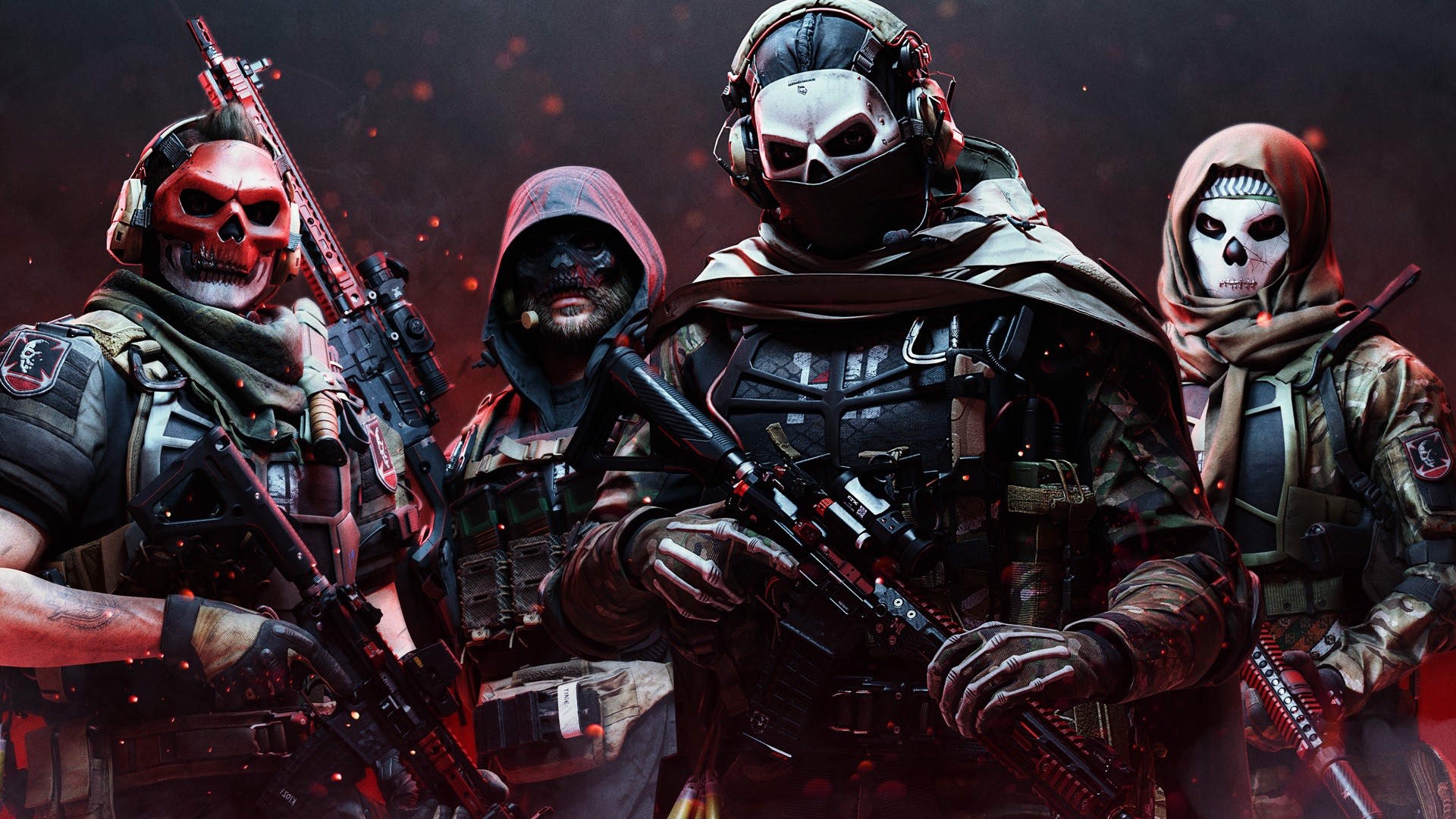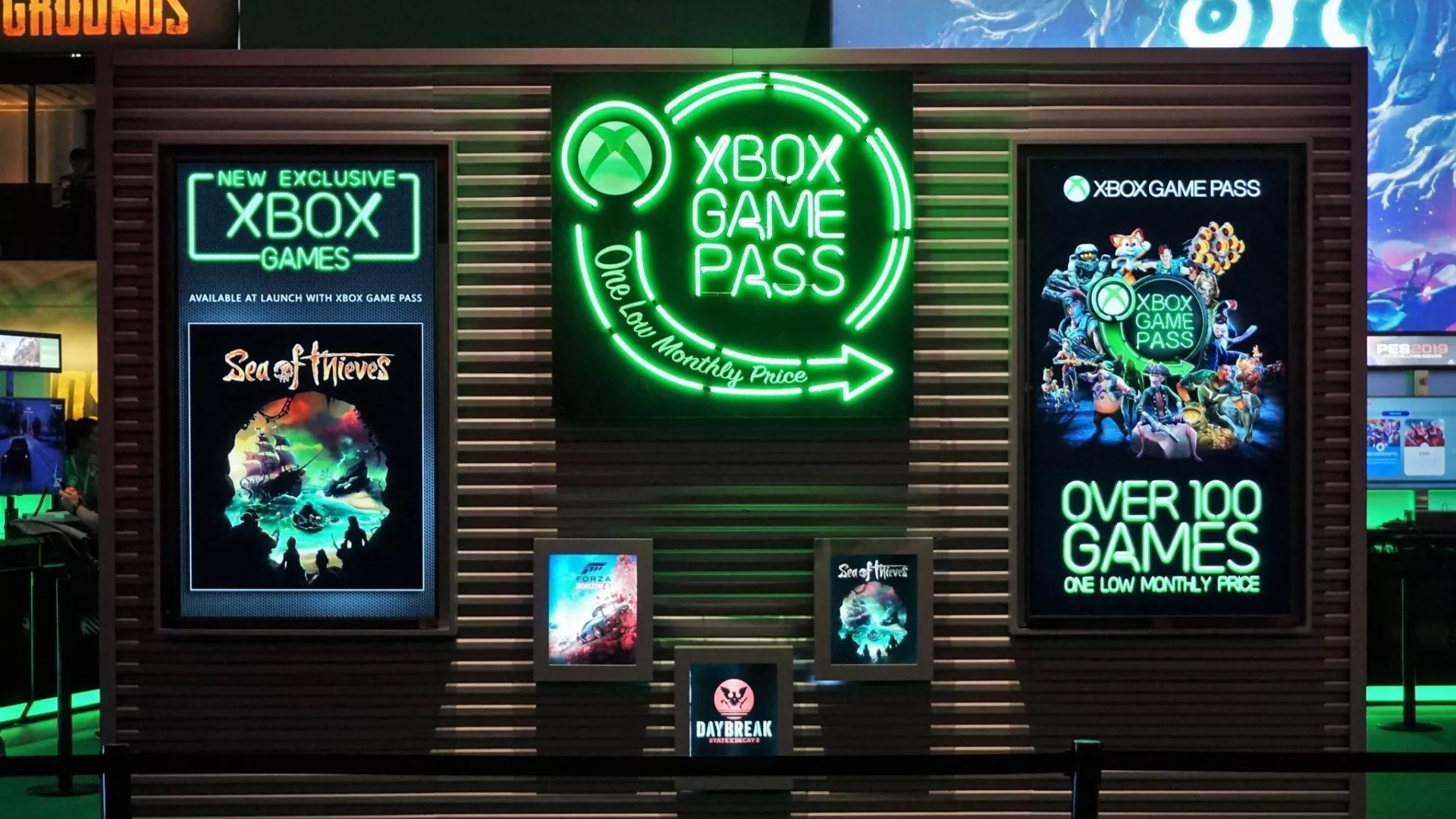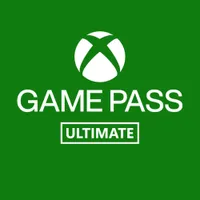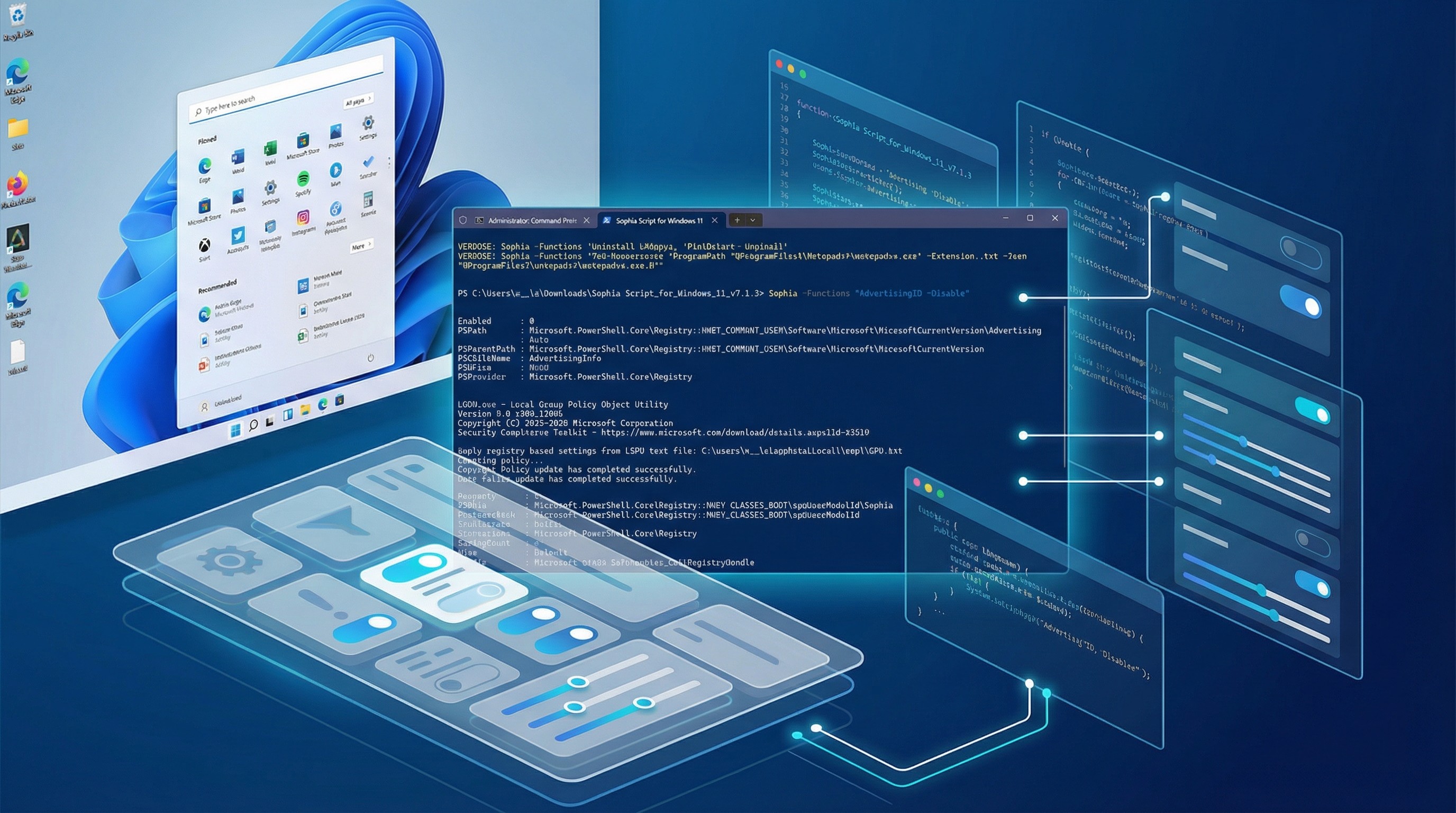Video game publishers want to charge you more for less
Physical releases are dying, and digital ownership needs work.
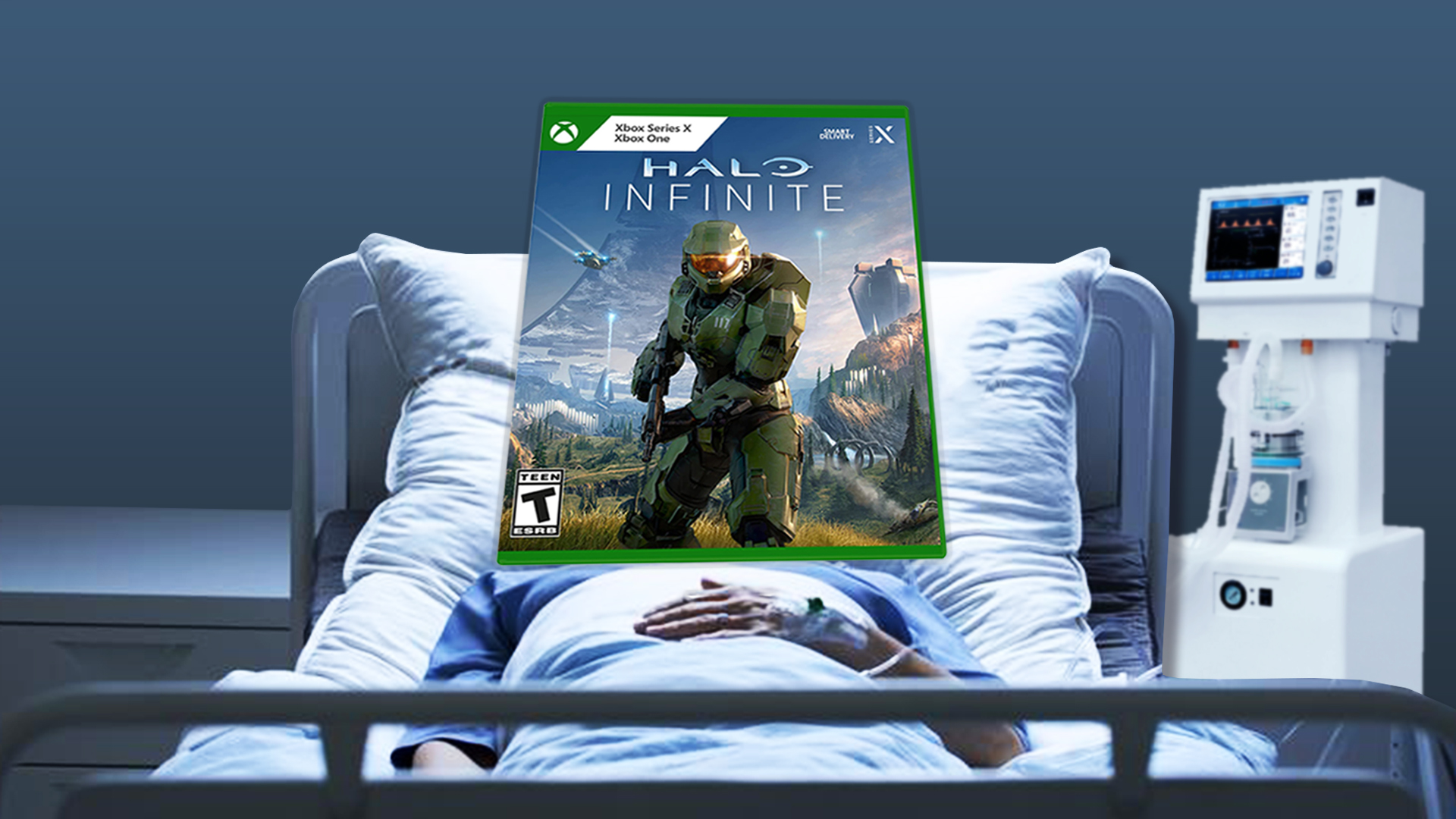
All the latest news, reviews, and guides for Windows and Xbox diehards.
You are now subscribed
Your newsletter sign-up was successful
The video games industry has evolved dramatically since its inception. In the span of a few decades, the visual fidelity, magnitude of releases, consumer interest, and inspiring potential of the medium have increased almost exponentially. If you’ve been along for even a fraction of this thrilling ride, chances are you’ve experienced your own habits and fundamental desires surrounding virtual entertainment transform as well.
As a child of the 90s, I grew up enchanted by the blocky wonder of cartridge-based video games. Nothing outshined the sensation of cracking open a sealed Super Nintendo package and savoring that new-game smell. While Nintendo cartridges were infamously expensive, especially being part of a lower-income family, the flashy box art, near-indestructible casing, and robust instruction manuals supplied a satisfying sense of ownership.
While Nintendo carried the gray-bricked torch into the next generation with the Nintendo 64, the disruptive folks at Sony successfully introduced disc-based gaming to the mass market with the PlayStation. Sony managed to compete with the graphical prowess of the N64 and offer games at a drastically lower price due to the streamlined manufacturing of compact discs. This milestone was the first time I noticed my wants shifting towards convenience. It was cheaper and easier to collect PlayStation games, so that’s what I did.
Almost thirty years later, discs remain the primary vessel for shipping video games to customers. However, digital distribution and the ongoing subscription service battles have further repositioned the community’s purchasing habits. As the old adage goes, “convenience is king.” Unfortunately, the principles I once championed are now being leveraged by video game publishers to justify charging players more and giving them less authority over their video game libraries. Physical releases are on life support, and nobody seems keen on providing genuine digital ownership.
An ongoing debate
The rise of digital storefronts and the associated all-but-ethereal video game possession have sparked heated debates with community members. Advocates of the digital-driven future celebrate the luxuries of quickly and handily accessing their entire catalog of titles. Meanwhile, physical proponents and avid collectors suggest that maintaining hard copies is the only way to truly "own" video games.
As the market adopts digital media universally, publishers are poised to renege on these pledges.
Regardless of where you stand on the matter, both parties seem resigned to accepting the inherent shortcomings of these practices. Players who prefer physical ownership often oversimplify the value of discs in an increasingly online environment, and digital purists frequently ignore or undermine the vicious history of video game licensing. Ultimately, customers have been conditioned to sacrifice control in exchange for convenience.
As someone who favors the streamlined ideals of digital compiling but has also suffered the ramifications of virtual game revocation, I find myself increasingly conflicted. We were promised elevated ease of access, lower consumer costs, and unmatched advancements in archive accommodations. However, as the market adopts digital media universally, publishers are poised to renege on these pledges.
All the latest news, reviews, and guides for Windows and Xbox diehards.
Why it matters right now
While customers are busy arguing amongst themselves about the best way to give companies money, these companies are actively working to disrate the expectations of customers. Recent examples from monumental video game franchises showcase why your preferences might not matter in the coming years. After all, a physical copy doesn't keep a game playable if the game isn't even on the disc.
According to Does It Play, the physical version of Activision's certified juggernaut Call of Duty: Modern Warfare 2 only contains roughly 70MB of data. Considering the complete package is nearly 100GB, this disc has little to no value without an active internet connection. The perpetually controversial publisher is also charging $70 for the latest entry in the long-running FPS franchise, which means they are asking roughly $1 per MB.
Jokes aside, Call of Duty: Modern Warfare 2 merely stands as one prominent illustration of the critical flaws surrounding modern physical ownership. As more and more titles cement their foundations with online multiplayer and games-as-a-service components, the quantifications for users' rights and admission begin to blur. We can't expect every game to continue in perpetuity, and this reality empowers publishers to exploit our investments.
Compared to previous entries, my investments felt shallow and unfulfilling.
In what almost feels like a direct response to players' complaints and criticisms regarding full-priced video games with expensive ongoing content, free-to-play titles have become the new gold standard for monetization. With limited barriers to entry and gigantic financial earning potential thanks to Fortnite, this accessible sub-genre has understandably garnered tremendous interest from publishers. Unfortunately, the "free" admittance has opened the floodgates for aggressive "optional" in-game purchases.
Last year, Halo Infinite infamously transitioned to a free-to-play multiplayer experience. With crossplay and its first dual launch across console and PC, Master Chief was theoretically positioned for enormous success. Shortly after its release, I drafted an editorial about what I got for spending $75 on Halo Infinite's multiplayer. Compared to previous entries, my investments felt shallow and unfulfilling. And in a few years, those items will possess no real-world value. Sure, I'll have the memories, and to quote every Hallmark card ever – those are priceless, but I can't shake the predatory implications of this approach.
What's the solution?
Video game distribution is at a transformative turning point. The industry has established itself as a force to be reckoned with, surpassing the likes of film and music in a relatively short period. With this staggering growth comes the never-ending prospects of infinitely accelerating revenue. Fundamentally, businesses are designed to maximize profitability wherever possible. However, those corporate ambitions are typically at odds with customers' wants.
Compared to the roaring 90s, when Donkey Kong Country 2 on SNES cost the equivalent of $115, there are objectively more opportunities to play video games on a budget. Subscription services like Xbox Game Pass deliver hundreds of titles for a marginal monthly fee. Following the precedent and popularity secured by Netflix and Spotify, most customers may be willing to forgo possession for convenient access. The consistent expansion of subscription services suggests that could be what the market dictates.
Improved options for players don't address the glaring problems regarding video game ownership. As publishers like Capcom continue to announce that 91% of their sales are now digital, it's inevitable that more and more releases, especially smaller ones, won't see physical distribution. It's disingenuous for anyone to make definitive claims about how to secure authentic ownership of media in the current age. The hard truth is that publishers often prefer to retain control of how and when you access content.
I certainly don't have all the answers, and this might be a scenario without an easy resolution. Ultimately, I want to see the power shift back in favor of customers. There need to be options for players to sell and trade the digital titles they own. Furthermore, physical editions of video games should include digital codes by default. We witnessed this trend unfold when movies first began embracing online connectivity. I'm incredibly excited about what's in store for the gaming industry's future but expect publishers to respect past investments.

Miles Dompier is a Former Freelance Video Producer for Windows Central, focusing on video content for Windows Central Gaming. In addition to writing or producing news, reviews, and gaming guides, Miles delivers fun, community-focused videos for the Windows Central Gaming YouTube channel. Miles also hosts Xbox Chaturdays every Saturday, which serves as the Windows Central Gaming weekly podcast.
